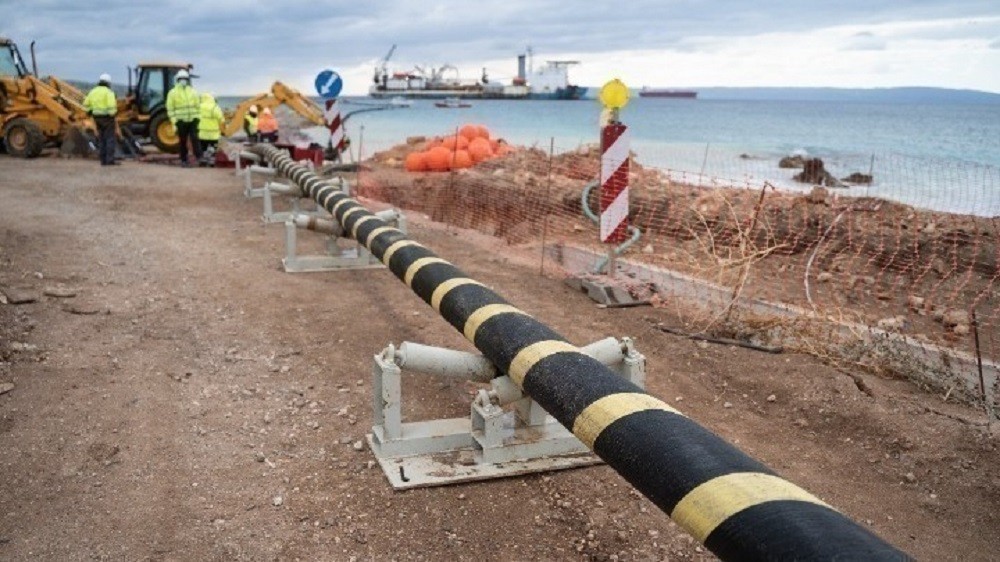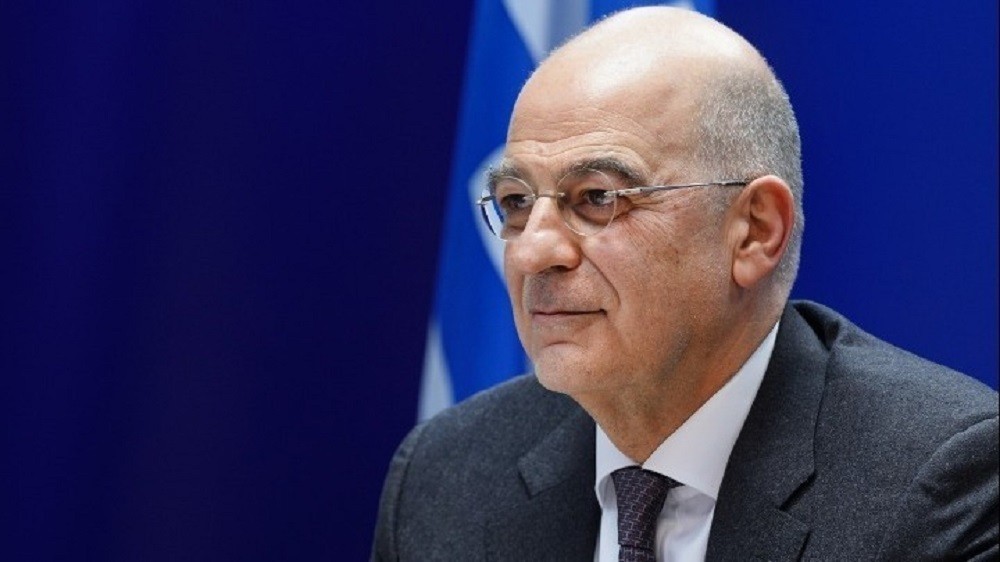
Egypt and Greece: Cooperation for security and future prosperity*
By Mohammed Kamal, Professor at the University of Cairo, Egypt, and Ilias Kouskouvelis, Professor at the University of Macedonia, Greece
Greece and Egypt are cornerstones of stability in the Eastern Mediterranean. Their interactions are more than two and a half millennia long, and their diplomatic relations date back to 1833. The Egyptian city of Alexandria founded by Alexander the Great in 331 BC, is a living testament of the depth of the relationship between the two Mediterranean nations.
Today, again, the Mediterranean maritime highway offers the opportunity for a new chapter of cooperation in two important areas: security and energy. In these two domains the two countries have important interests in common.
Greece and Egypt face uncertain and competitive regional environment. Both countries have dealt with Turkish provocations. At the same time, they face the negative consequences of instability in three countries of the larger Eastern Mediterranean area, Syria, Iraq, and Libya. Greece has received millions of refugees from Syria and Iraq, while Egypt hosts already hundreds of thousands of Syrians. Egypt has already been the victim of religious extremism, while Greece lives with the anxiety of a future, similar and tragic, experience. And this is not all. Egypt’s border with the post-Kaddafi Libya has turned into a gate to smuggle terrorists and weapons into Egypt. Greece, just across the Mediterranean Sea from Libya, is not far from facing the threats emanating from that country.

To tackle the issue of security, the Egyptian and Greek ministers of defense met in April 2015, and discussed the possibilities to “enhance cooperation and military relations between the armed forces of both countries”. A month later, Greece’s Air Force units arrived in Egypt and participated in the joint Egyptian-Greek air force exercises “Horus 2015”, and in December 2015, Egyptian navy and air force units left for Greece and participated in the joint exercise “Medusa 2015”. Combating terrorism, smuggling, sea piracy and illegal migration are also on the agenda of security cooperation between the two countries.
The Greek and the Egyptian governments have the obligation to provide security for their peoples. Yet, given the hard economic situation in both countries, they have a rather more important and pressing mission: to provide them with development and economic prosperity. It is precisely at this time that they have the opportunity to take advantage of the great gifts that the Mediterranean has kept secret for so many centuries. Particularly, for Egypt, the recent discovery at the Zohr field was internationally characterized as great “gift”. It contains 30 trillion cubic feet (Tcf) of natural gas (equivalent to 5.5 billion oil barrels), making it is the largest ever discovery of gas in the Mediterranean. On the other side, Greece expects to discover similar gifts under the bottom of the sea but, most important, Greece may benefit from the exploitation of the Egyptian field, as well as those of Cyprus and Israel, and enjoy a stable energy flow from friendly countries. Moreover, it may contribute to the safe transport or the channelling of these resources towards Europe.
This month, Greece, Egypt, and Cyprus agreed to speed up talks to fix sea boundaries in the Eastern Mediterranean, as part of their efforts to turn the region into an offshore energy hub. Egyptian President Abdel Fattah al-Sisi, Greek Prime Minister Alexis Tsipras and Cyprus’ President Nikos Anastasiades met in Athens for the third time this year, and they have discussed how they could take advantage of gas reserves. The leaders have also discussed other possible areas of cooperation, such as tourism, investment, and energy projects, including the potential construction of a pipeline, depending obviously on the level of gas reserves to be found.
We believe that the Mediterranean highway offers many other opportunities. Besides security and energy, it can increase bilateral trade, and enhance dialogue among civilizations. Moreover, given the fact that Cyprus is also an EU member state, Greece and Cyprus may help explain Egypt’s positions to the EU, and contribute to advancing economic relations between them. Last but not least, Egypt and Greece have a lot to gain from scientific cooperation – an endeavour that we have already initiated. Cooperation between Egypt and Greece will not only serve the interests of the two nations but will also contribute to prosperity and stability in the Eastern Mediterranean.
- This commentary expresses personal opinions and is the product of discussions made in the context of a Conference on Greek-Egyptian relations, organized in Thessaloniki, Greece, by “‘Thucydides’ – the HNDGS Chair in Strategic Studies”.

